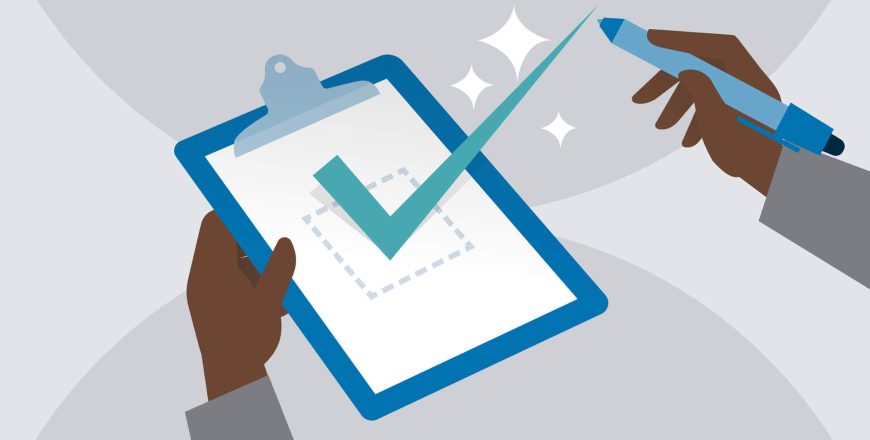
- Curriculum
- Reviews
SECTION 1: BASIC CONCEPTS OF PROJECT MANAGEMENT
SECTION 2: PROCUREMENT MANAGEMENT
-
7Overview of Procurement Management
-
8Planning for Procurement
-
9Determining to Make or Buy
-
10Types of Contracts
-
11Procurement Management Plan
-
12Preparing for Source Selection
-
13Completing the Source Selection Process
-
14Examining the Results of Source
-
15Contract Administration
-
16Preparing for Contract Administration
-
17Completing Contract Administration
-
18Reviewing the Results of Contract Administration
-
19Reviewing Contract Documentation
-
20Auditing the Procurement Process
-
21Completing Contract Closeout
-
22Wrapping Up
-
23Quiz
Please, login to leave a review




